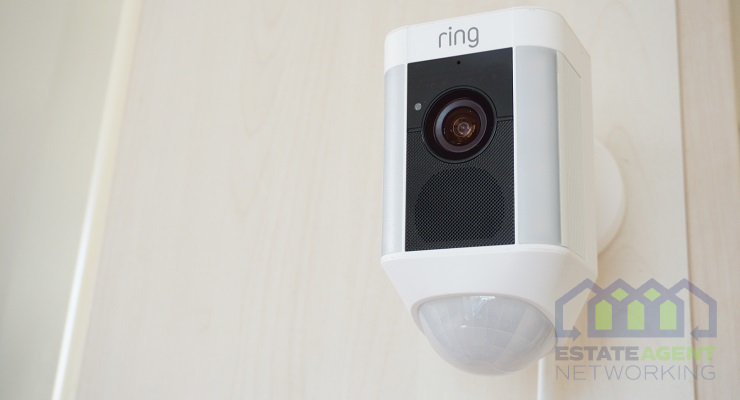The new tech that’s become must-have for modern homeowners
An inescapable tech trend of recent years has been the evolution of home security measures. We appear to have come some way from the primitive alarms that emitted a shrill siren at the detection of a trespasser, and which often were triggered by accident – much to the annoyance of neighbors!
In this article we will discuss the new tech, in security and in other areas, that is quickly becoming essential for the modern homeowner.
The new tech
Today, the discerning homeowner expects much more from their security provision, which is why brands like Ring have sprung to the fore. The Ring brand was born in 2013, when it was known as Doorbot, and it has enjoyed runaway success in the years that have followed. Bigger names took notice and in 2018 it was snapped up by Amazon for a sum reported to be in the region of $1.2bn and $1.8bn. It has continued its growth since the acquisition and today offers a range of products with varying safeguarding capabilities to homeowners.
At the heart of the product, however, is its connectivity with smartphones. Users of the service are able to monitor who’s at their door in real-time, wherever they are in the world, with a simple glance at a screen. It’s a perfect example of smartphone connectivity being utilized to offer peace of mind, served with convenience.
Other apps like Citizen and Nextdoor utilize a similar concept as part of an increasingly congested marketplace, although it’s not only in security where the change is happening. The smart-home concept hasn’t transformed the way we live just yet, but with brands like Google entering the sphere with its Nest range of products, it’s likely that smartphones will one day become the pre-eminent hub for aspects like thermostat control and even turning your lights on and off.
Factors behind the trend
These trends have been accelerated by the fact that the smartphone is a staple commodity for millions of people. Recent data suggests that 95% of the UK population are smartphone owners, and used to accessing apps for information, communication, productivity and entertainment.
Security and communication in the world of homeownership are just two of the sectors to capitalize on their rise. The majority of takeaway orders are now placed online, with services like Uber Eats allowing consumers to browse restaurants in one place before making a decision. Entertainment sectors, including online gambling, have also taken note, with similar comparison websites in place to help people choose the brand and game that suits them. In this sense, websites like CasinoWings.com – which also lists the bonuses available at each of the casinos it reviews – empower the consumer with information much the same way a good estate agent does.
What all of this means is that your average homeowner is used to turning to their screen throughout the day, and sectors close to homeownership provide just a few examples of industries adapting to the changing habits of the average person.
As we can see, more and more industries are waking up to the possibilities of a truly connected world that places the smartphone at the heart of everything. And it’s wise to bank on a future of at-home technology that is governed by the evolution of our handsets.









